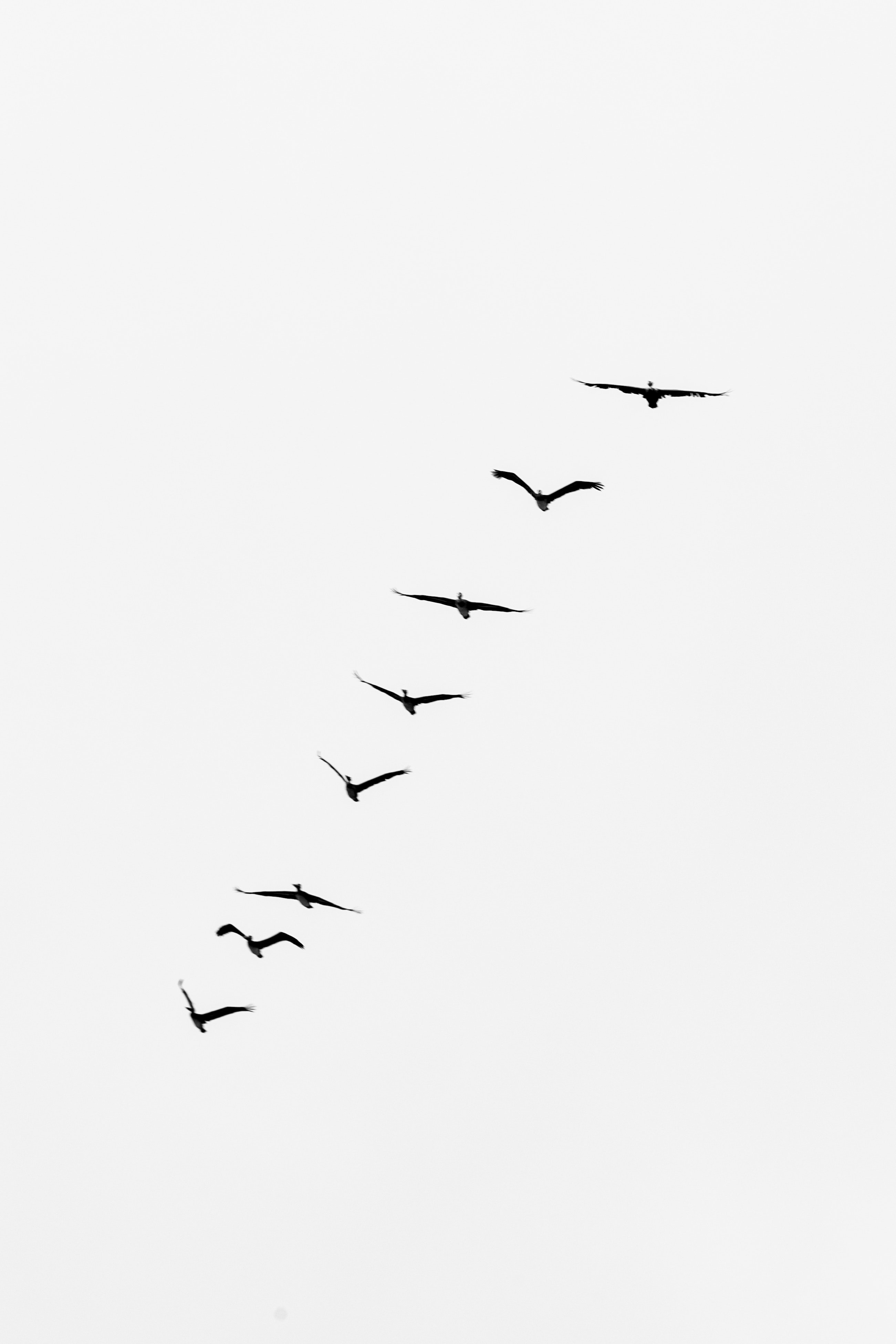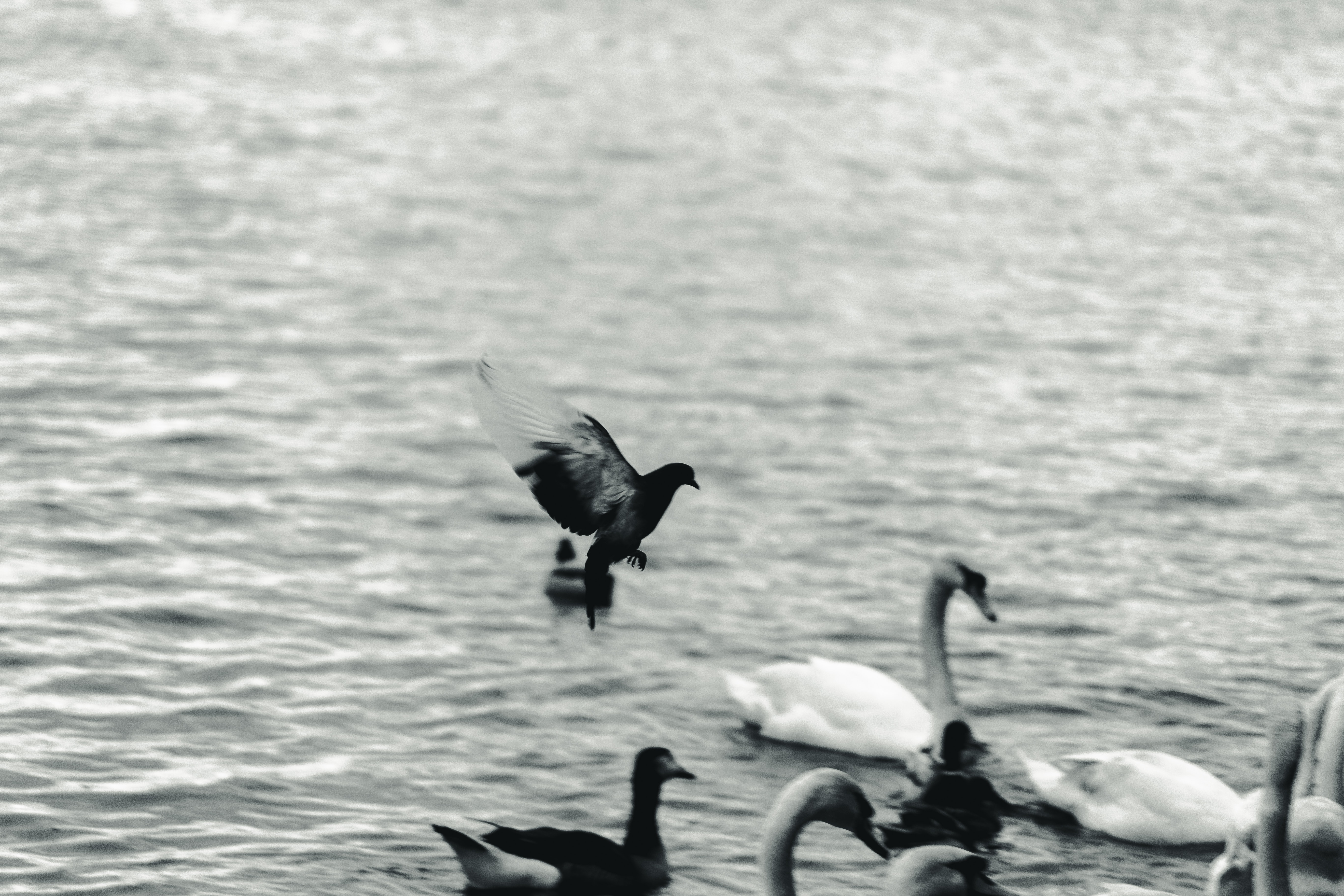Mary Oliver Writes for the wild heart
Written by Sandip Baidya
on

“Wild Geese”
When I first read Wild Geese I felt calm. When I heard her recite the poem, I felt tamed. Read the poem here. This poem plucked me out of my New Delhi small room and dropped me in the valleys of my hometown. Mary has already invented teleportation and all she uses are mere words.
Her very first sentence is coaxing. It’s like she knows that us readers, on the very inside, are tired people. She knows that we pretend to be good, learned and respectable. She cuts straight to the point You do not have to be good and that right there is good enough of a promise for me. This opening is like the shallow waters that you want to sink yourself deeper into because you feel less scared.
You do not have to walk on your knees
for a hundred miles through the desert repenting.
How kind. She’s asking us to not punish ourselves for too long for something that we did. She calls on the quality of being human, of erring. These lines remind me of the characters in the Hindu mythological stories where punishments are taken very seriously. Where, in order to repent and salvage oneself, years of pain must be afflicted to both mind and body and sacrifices must be made.
So, if you’re not (only) good and you’ve stopped the unending journey of repentance, what must you do then? Oliver suggests, to love. Love what the body wants. I still feel mesmerized when I read the lines: You only have to let the soft animal of your body love what it loves. Love beyond, love even if it’s unconventional, love what YOU want to love. Animal of the body refers to something innate in humans, something that doesn’t perform within the structures of a society and hence, allow yourself to love like the soft animal inside you.
And she promises that she’s here for us. She promises to sit with us and listen to our despairs. In exchange, she trusts us enough to share her own woes with us. Tell me about despair, yours, and I will tell you mine. What better way to caste off years of bitterness and shadows of gloom than to find a friend and exchange woes. What better way than that to bond because when you share, you realise how awfully hard you have been on yourself. How living has been cut off because there’s too much weight and that you must work now, to unburden all that because the world will keep on moving. It doesn’t wait for you to catch up after you’ve decided to switch yourself off.
Then she takes you back to the nature. Teleportation working like magic in seconds.
Meanwhile the sun and the clear pebbles of the rain
are moving across the landscapes,
over the prairies and the deep trees,
the mountains and the rivers.
This connection that she attempts to create between the expansive nature and the readers is something I truly cherish. I find great joy in losing myself in nature and every single time, I wish I could see through the eyes of the wild animals that dwell forever in it. This year when I visited my hometown in Tripura, the ground beneath me shook and I felt bewitched at the wild unravelling in front of me. It felt like I couldn’t ever belong. That if I ever did belong, I could only, by being something unhuman. A goose perhaps.

Meanwhile the wild geese, high in the clean blue air,
are heading home again.
You’ll find so much recluse in her words. If words had the power to become home, this poem would have been my home and I, its forever citizen. Mary tells us the power of the imagination that this world has bestowed on its beings. She wants us to never forget that life can only become more adventurous from here, no matter what. And that regardless of what happens, our souls will always have a place in the family of the nature:
over and over announcing your place
in the family of things.
A family that we can always come back to. I hope you enjoyed reading this poem as much I did. Mary Oliver has a very precious way of writing about lived human experiences and the nature in a calm convulated way. She truly is a brilliant poet. Read more poems from her here.
Discussion and feedback